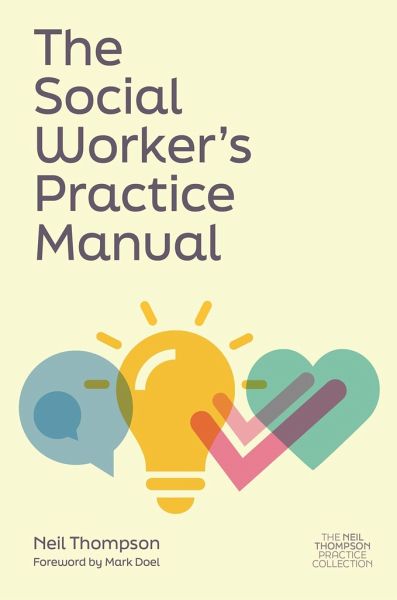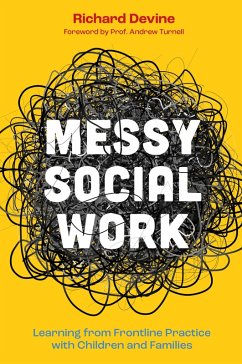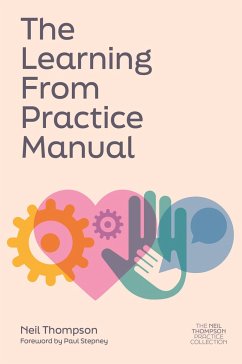
The Social Worker's Practice Manual

PAYBACK Punkte
18 °P sammeln!
This practical guide takes the complex world of social work and breaks it down into key lessons. Topics cover everything from the way you think to the realities of writing reports, all reinforced by handy summaries. Whether you're a new student or an experienced professional, this book will help you get the best results for your clients.













